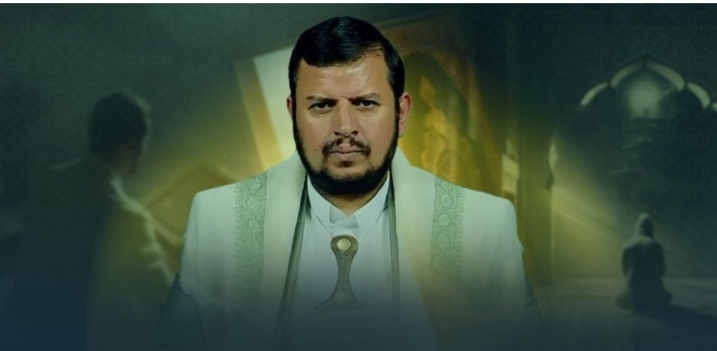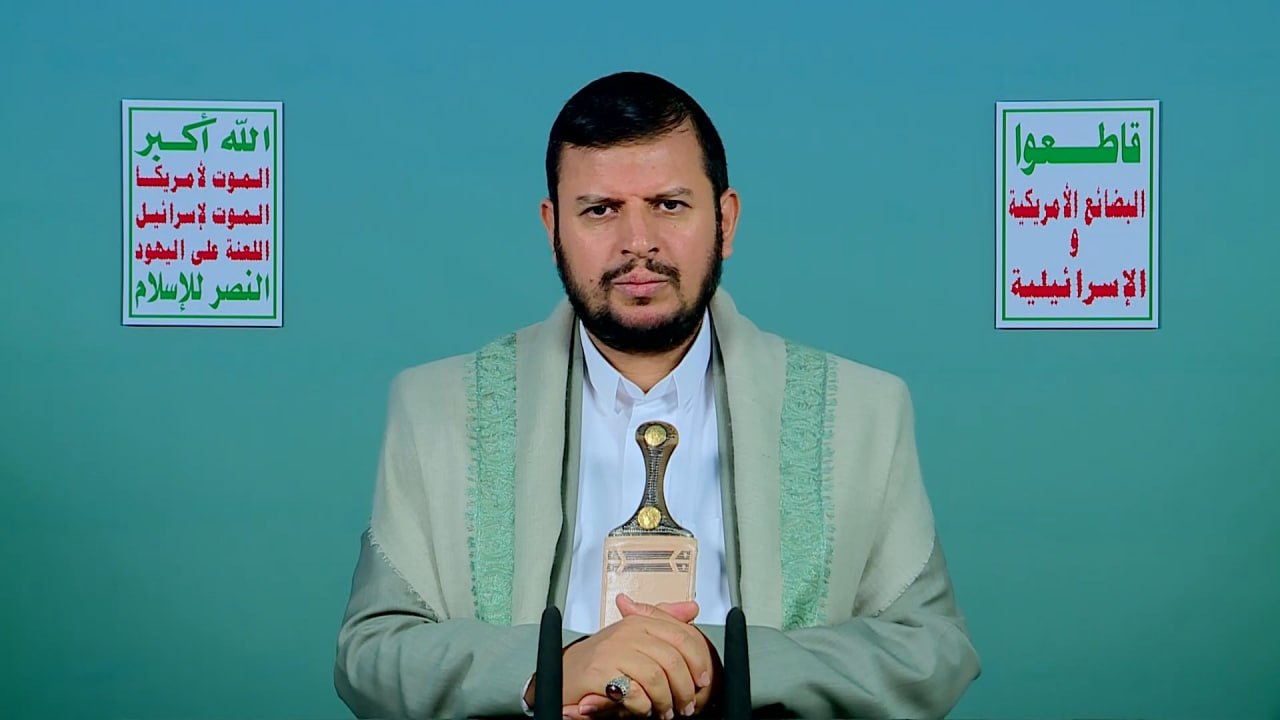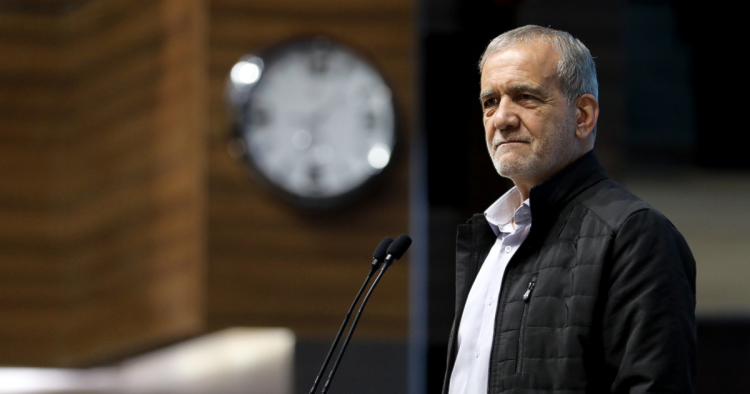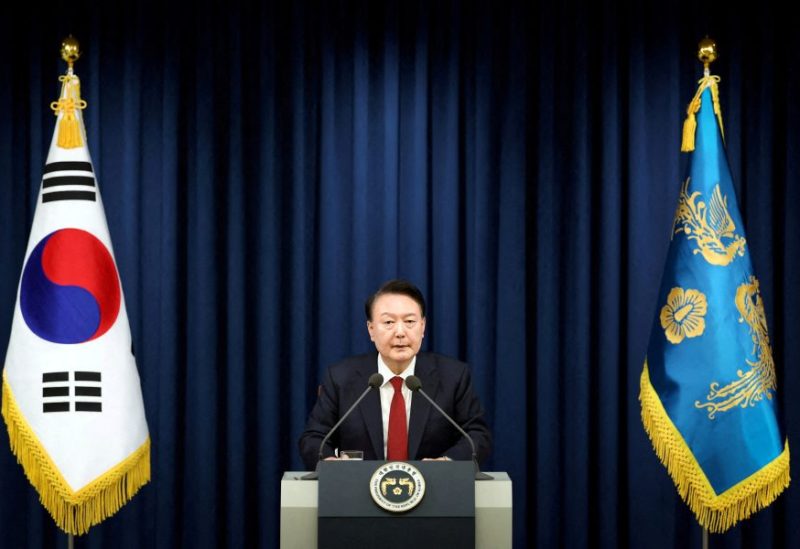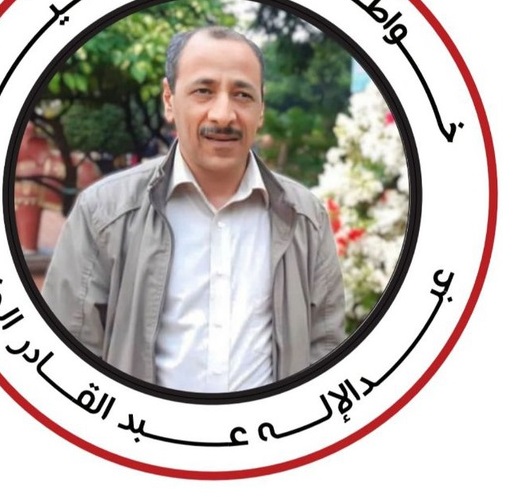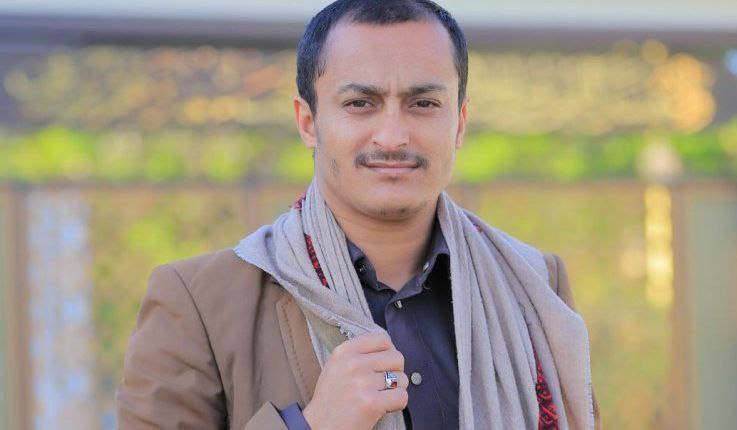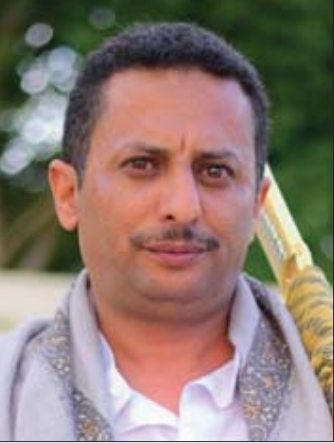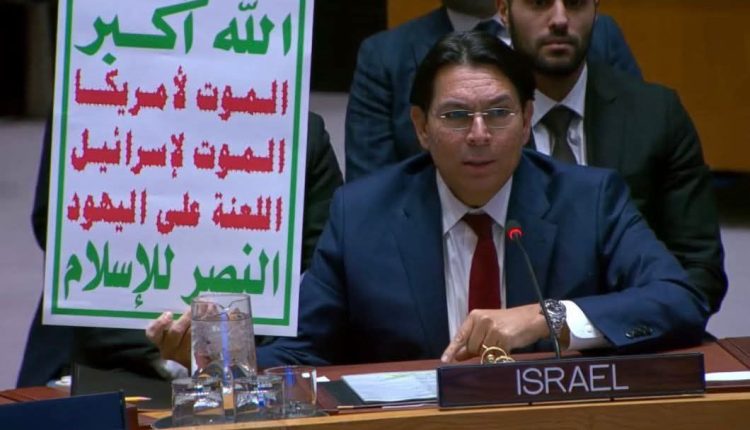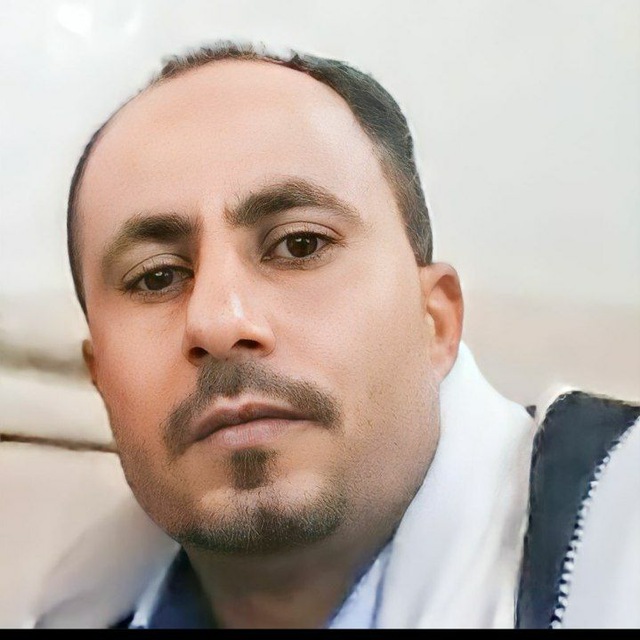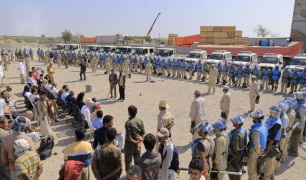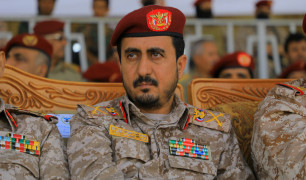مصادر فلسطينية: قوات العدو تقتحم بلدة سلواد شمال شرق مدينة رام الله
محافظة القدس: 80 ألف مصل أدوا صلاة الجمعة الأولى من رمضان في المسجد الأقصى
مصادر فلسطينية: انتشال شهيد ارتقى قبل أيام برصاص قوات العدو في منطقة "نتساريم" جنوب مدينة غزة
مصادر فلسطينية: إصابة طفل جراء إطلاق العدو النار على خيام النازحين في مخيم حلاوة بجباليا البلد شمالي غزة
حماس: إجراءات العدو لتقليل أعداد المصلين لن تفلح في كسر إرادة شعبنا، ونحث كل من يستطيع الوصول للأقصى على نيل شرف الرباط والدفاع عنه
حماس: تقييد أعداد المصلين بنحو 10 آلاف وفرض قيود تعسفية بذريعة السن والتصاريح انتهاك صارخ لحرية العبادة ومحاولة لفرض واقع تهويدي
حماس: نؤكد ضرورة مواصلة الحشد الشعبي وتكثيف الرباط في المسجد الأقصى حمايةً له من مخططات العدو وأطماع المغتصبين
لجان المقاومة: نحذر من توظيف أي قوات دولية لخدمة أجندات الكيان، ومهمة أي قوة يجب أن تقتصر على مراقبة وقف إطلاق النار دون التدخل في الشأن الفلسطيني
لجان المقاومة: ما يسمى "مجلس السلام" امتداد لعقلية الصفقات المنحازة التي تقصي الدور الفلسطيني وتشرعن الاحتلال
لجان المقاومة: ندعو لتثبيت إدارة فلسطينية مهنية تحمي غزة من "إعادة تدوير الوصاية" تحت عناوين إنسانية مضللة








